Open Splits
Follow This Flexibility Formula
SAMAKONASANA
OPEN SPLITS
Open Splits is one of those postures that may not always make it into your asana practice, but there are a number of good reasons for it to start showing up more often. It does require a considerable amount of flexibility, and Matt lays out the perfect flexibility formula in order to safely execute the posture. What it does is offer much more than the result: It takes you on a path toward greater balance in your body, more specifically in the hips. The adductor muscles don’t often get as much of the limelight as some of the other muscles of the hips (e.g., glutes), so Open Splits (Samakonasana) is an opportunity to create more muscle integrity in the adductors, tensor fasciae latae (TFL) muscles, hip flexors, and inner hamstrings.
HIP MOBILITY
October 2022 Immersion
- Strengthen and lengthen your hips
- Increase active and passive range of motion
- Learn anatomical techniques to improve functionality
- Access a wider range of seated postures and hip openers
- 12 Classes: All levels appropriate
- Lifetime unlimited access to all
- Attend the livestream OR practice the replays any time that’s convenient for you
$148.00
MUSCLE INTEGRITY
What is muscle integrity? It’s essentially the health of a muscle or muscle group. This can still be vague—what is a healthy muscle? Part of having healthy muscle tissue means that you have the ability to control the contraction of a particular muscle or the amount of contraction and relaxation within a group of muscles, at any length. This is important in Open Splits, because even though your legs are out wide, you should have the ability to contract back inwards. One of the most important things to do to maintain safe execution is to never go to your full end range. Staying at approximately 70% of your range will help minimize the chance of injury.
WATCH THE VIDEO: OPEN SPLITS: FLEXIBILITY FORMULA
MORE THAN MUSCLE ACTIVATION
There are specific articulations in your body that are key components of the flexibility formula for Open Splits. These articulations will help you achieve the desired activation of muscle tissue and joint placement. For example, the anterior tilt of the pelvis assists in the activation of the TFL (an internal rotator). Once you bring your awareness to this sensation, you can layer on the additional and contrasting action of spiraling the thigh bones outwards in order to ignite the outer hips (abductors) as well.
The most important thing is to always take it step by step. Let’s examine from the beginning each action that Matt breaks down in the video.
200 HOUR ONLINE TEACHER TRAINING
GET CERTIFIED & DEEPEN YOUR YOGA PRACTICE
- Deepen your yoga practice
- Build confidence speaking in front of groups in person and online
- Learn foundational class structures and templates
- Learn techniques for a wide range of yoga postures
- Get certified and highly qualified to teach yoga
- Yoga Alliance Globally Recognized Certification Program
FOLLOW THIS FLEXIBILITY FORMULA
There are a number of actions and co-activations that need to happen in order to maintain safety and build upon muscle integrity in Open Splits. As mentioned before, once you get into a straddle position, it’s important to remain mindful and stay away from going to your complete end range. You should recognize a subtle sensation of stretch in the inner thighs and hamstrings. Staying within this range and then isometrically activating your adductors, hamstrings, and TFL is the formula to follow. The stars of the show, however, are patience and restraint. Staying behind your end range and having the patience to allow your muscles to adapt and continue to grow into new flexibility will promote increased healthy muscle tissue.
300 HOUR ONLINE TEACHER TRAINING
GET 500 HOUR CERTIFIED AS A MASTER TEACHER
Master your skill set as a teacher through refined techniques, anatomy, biomechanics, sequencing, philosophy, meditation techniques, theming, yoga business, and much more!
- Get 500 hour certified
- Learn anatomy, biomechanics, asana techniques
- Expand your teaching skills
- Masterful sequencing and verbal delivery
- Learn meditation and breathwork techniques
- Transformative tools: theming, dharma talks, satsang
OPEN SPLITS EXECUTION
In the execution of open splits, remember to layer each action:
- Dorsiflex your toes and point both knees and toes to the sky
- Send inner groins down to the ground
- Micro bend your knees (to alleviate pressure here) and press your heels down into the earth (to light up the hamstrings)
- Push outward now while pushing toes out and pressing legs apart, so pelvis goes more into anterior tilt (legs stay as they are)
- Once you feel the stretch in the adductor muscles, start to press your heels down and micro tuck the tailbone (more posterior tilt of the pelvis), or suction the thigh bones into the hip sockets, so the TFL starts to ignite and pull feet towards each other. It is more about stability here, rather than straining.
Playing with different articulations is helpful in deciphering what areas continue to require attention (i.e., what feels tight and/or what feels hypermobile). For example, if you want to continue bowing forward, you may return back to pressing legs apart and groins back or hips more forward. This will offer a deeper stretch in your adductors. Going back and forth between push and pull actions helps increase hip mobility.
Matt’s current Hip Mobility immersion offers a deep dive into the breakdown of specific asanas related to increased flexibility, strength, and mobility of the hips. More importantly, it puts hip health at center stage. Direct your experience and elevate your practice by registering today.
See you on the mat!
The 200 Hr. Teacher Training: Click Here to See the Next Start Date
The 300 Hr. Advanced Teacher Training: Click Here to See the Next Start Date
Article by Trish Curling
Video Extracted From: Hips & Hamstrings
UPCOMING TEACHER TRAININGS
Continue Learning
Redefine Chaturanga
Redefine ChaturangaALIGNMENTREDEFINE CHATURANGA To redefine Chaturanga, we first have to be willing to challenge what we think we already know. Many of us were taught a narrow-hand, elbows-tight variation of the pose—elbows hugging the ribs, hands close beneath the...
Tight Hips
Tight HipsHIP MOBILITYTIGHT HIPS When working to release tight hips, most people instinctively go straight for deep stretches. But one often overlooked area that holds a surprising amount of tension is the adductorS (the inner thigh muscles) that connect to the...
Retraction Of The Scapula
Retraction Of The ScapulaSHOULDER ACTIONSRETRACTION OF THE SCAPULA It may appear that scapular retraction holds less weight in finding deeper backbends, but this action can be quite significant in what we experience when it comes to strength, stability, and...
Conquering Compass Pose
Conquering Compass PoseSURYA YANTRASANACONQUERING COMPASS POSE Conquering Compass Pose isn’t about forcing your leg behind your shoulder—it’s about understanding and participating in the muscular coordination that makes the posture possible. The real power comes from...
Leg Over Head Pose
Leg Over Head PoseEKA PADA SIRSASANALEG OVER HEAD POSE Leg Over Head Pose is one of those postures that challenges not only our bodies but also our mindset. When faced with a seemingly impossible pose, we tend to respond in one of three ways: dismissing it as...
Spanda In Backbends
Spanda In BackbendsSIDE PLANKSPANDA IN BACKBENDS Spanda in backbends is the key to creating both stability and freedom in spinal extension. Backbends are not just about bending; they require a balance between expansion and controlled engagement to prevent excessive...
THE FREE TECHNIQUE PACK
When You Subscribe, You Will Get Instant Access to
- the Technique Pack: 15 yoga pose breakdowns
- exclusive online course discounts
- exclusive blogs and videos
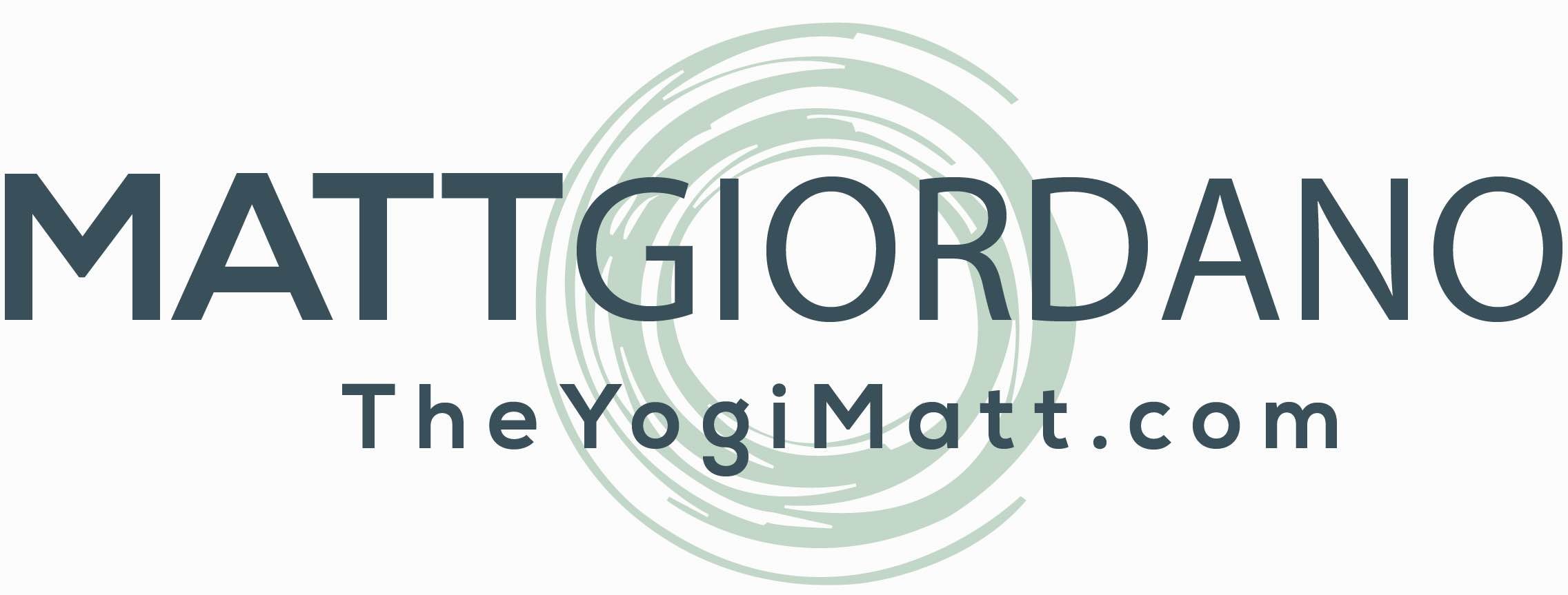
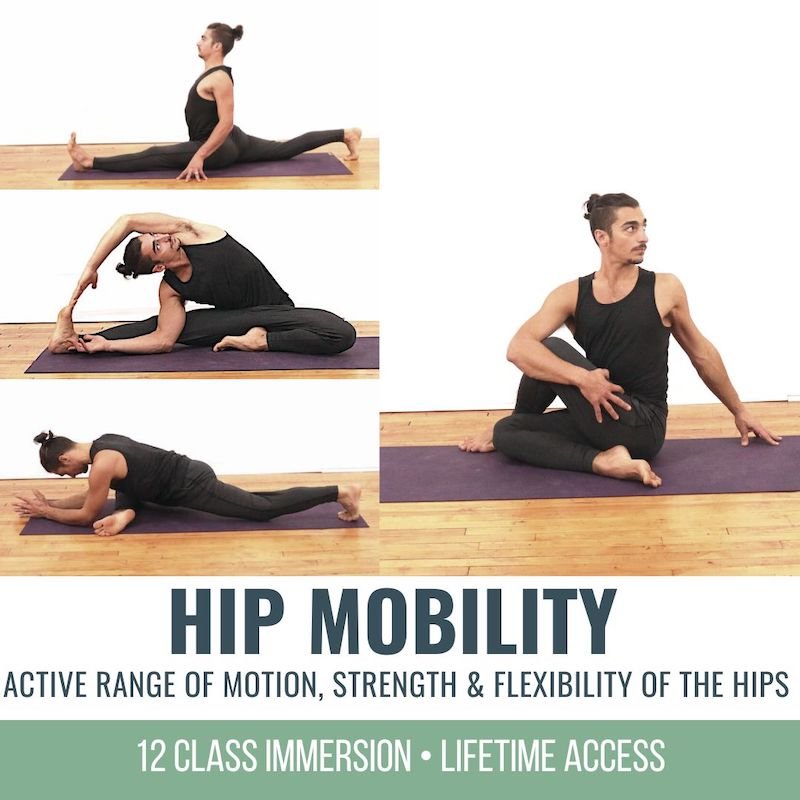



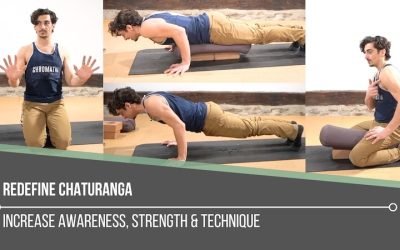
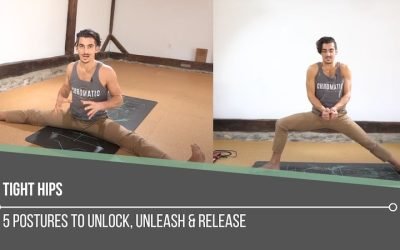
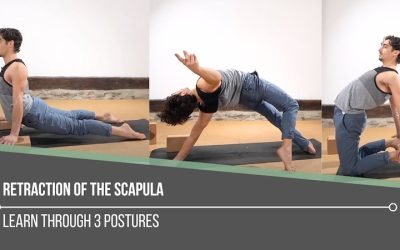
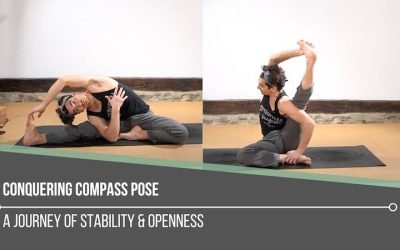
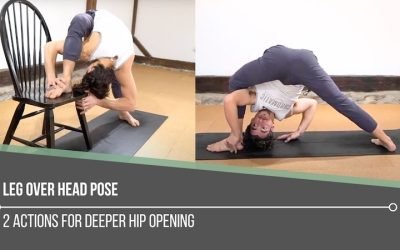
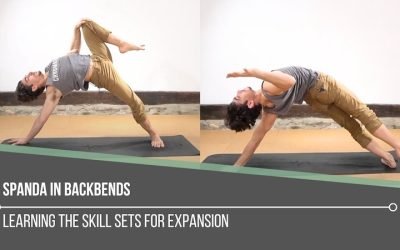



0 Comments
Trackbacks/Pingbacks